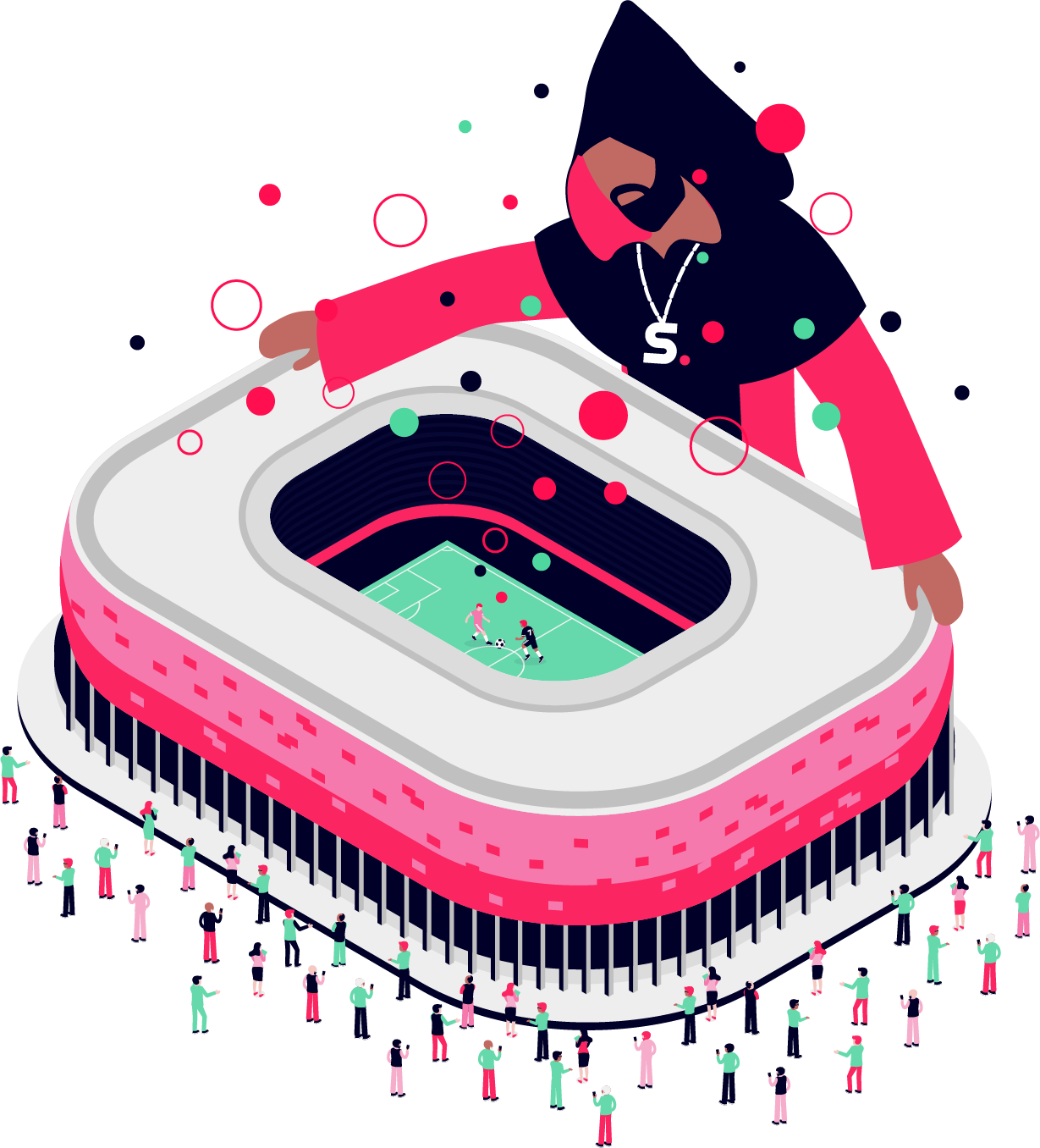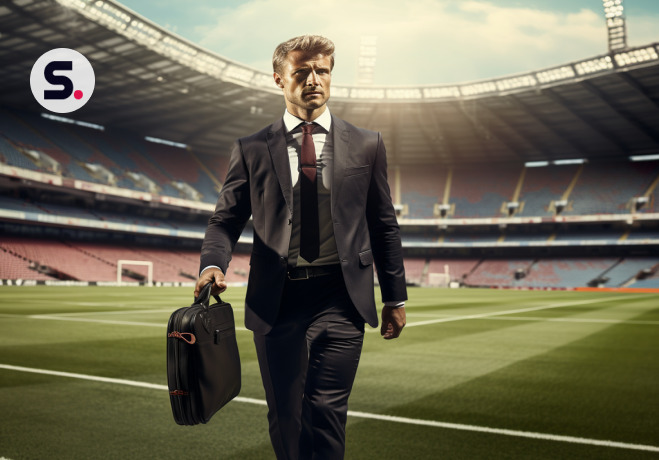
Contents
The shift in power
Football clubs are known to be owned by wealthy individuals or businesses. These parties often had no connection to the beautiful game itself. However, power is shifting. There is an increasing number of football players that are owners of a football club. They want to bring their passion, experience and deep understanding to a football club after their football career.
A lot of footballers stay in the sport, whether as a manager, coach, analyst, or in another capacity, to continue working with the sport they like. However, by becoming club owners, they get the ability to define the direction and destiny of a club. They can use their skills and knowledge to run the football club. Additionally, former players who have played on the biggest stage often have a lot of money, rendering them perfect contenders for ownership.
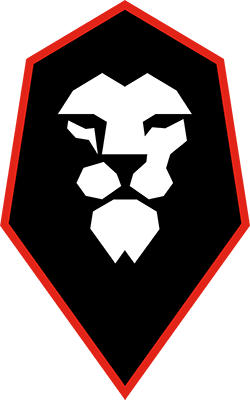
Some examples
Several notable players have successfully transitioned into club ownership, making a positive impact on their respective teams.
Class of ‘92 – Salford City
Salford City is owned by Manchester United’s ‘Class of 92’, which is a knowledge most English football fans have. Salford, now in League Two, has been skillfully guided by the Class of 92 – Gary and Phil Neville, Paul Scholes, David Beckham, Nicky Butt, and Ryan Giggs – since their leadership began in 2014. These former players have successfully elevated Salford to a full-time, professional club and helped them secure a spot in the Football League. They finished 7th in the League Two last season and will be looking for promotion in the upcoming season.
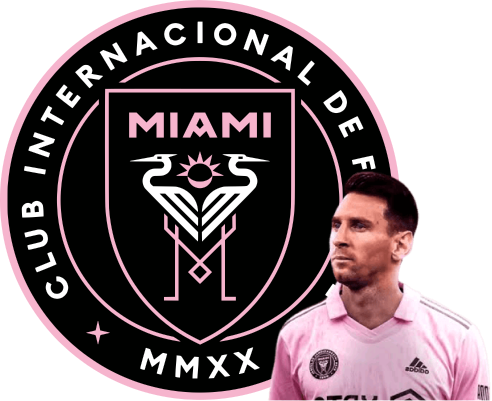
David Beckham – Inter Miami
David Beckham’s transfer to the MLS in 2007 was a historic point in the league’s history, catapulting the then-unknown league into the spotlight. As part of his signing to the Los Angeles Galaxy, Beckham agreed to purchase an MLS expansion team at a reduced franchise cost.
Beckham exercised his option to purchase an MLS expansion franchise for $25 million in 2014. The initial idea was to begin play in 2016 or 2017, however this was put out to 2020 owing to a delay in finalising a stadium contract. Beckham’s business partner Simon Fuller, as well as five other businesspeople, own shares in the club.
And finally, after years of dreams and speculation, David Beckham, the man responsible for igniting Major League Soccer, has achieved the unimaginable. He has propelled the league forward, ultimately securing the much sought-after talent of Lionel Messi. The club is now valued at $600 million.
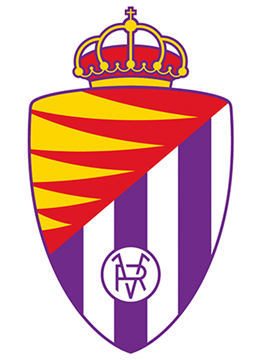
Ronaldo Nazario – Real Valladolid
Real Valladolid earned promotion to the La Liga at the end of the 2017/18 season after four years. On September 3, 2018, it was announced that former Brazil international Ronaldo Nazario became the majority shareholder after purchasing a 51% controlling stake of the club.
Ronaldo played in the La Liga for Barcelona and Real Madrid, and speaking at a news conference after the takeover he said: “I have gone through many stages in my training in football to prepare. Football is a passion. This new management will be defined by four words: competitiveness, transparency, revolution and social.”
They will now look to bounce back into La Liga after being relegated in the 2022/2023 season to the LaLiga 2.
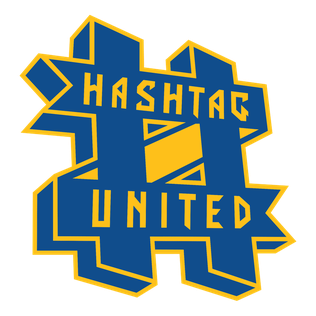
César Azpilicueta – Hashtag United
In 2018, the Chelsea legend joined the Hashtag United board and became a co-owner. The club began as a YouTube team but is currently a member of the Isthmian League North Division, England’s eighth division of football.
The digital side, powered by a massive YouTube following of 602,000 subscribers, has seen a massive rise since its debut, with two promotions in the first three seasons – including the shortened 2019/20 campaign. They are rising through the ranks and hope to enter the Football League as soon as possible. At the quickest, they can achieve this feat by promoting 4 times, back-to-back-to-back-to-back, however this may seem unrealistic.
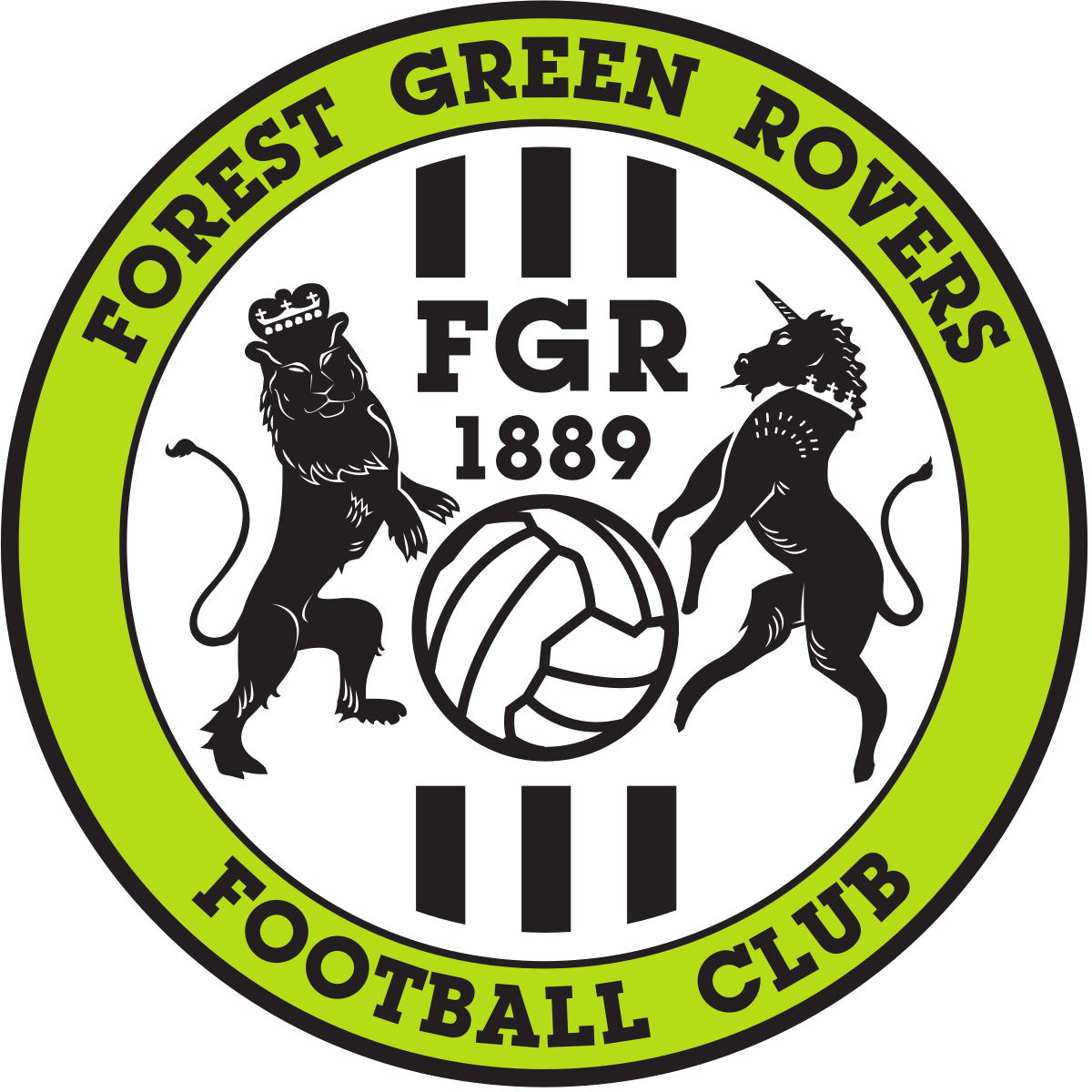
Hector Bellerín – Forest Green Rovers
After adopting a vegan lifestyle in 2017 and advocating for footballers to do more to raise awareness of environmental issues, Hector Bellerin invested in Forest Green Rovers, the world’s most environmentally friendly team.
The Arsenal full-back became the second-largest shareholder, behind chairman Dale Vince, in September 2020, praising their commitment to veganism as well as becoming the world’s first carbon-neutral sports club.
“So many people feel there’s no solution to the world’s problems, but Forest Green are already doing plenty,” said Bellerin upon investing in the Gloucestershire club. “I’m so excited to be part of the FGR family. I’ll be helping where I can, supporting people who want to change the world for the better.”
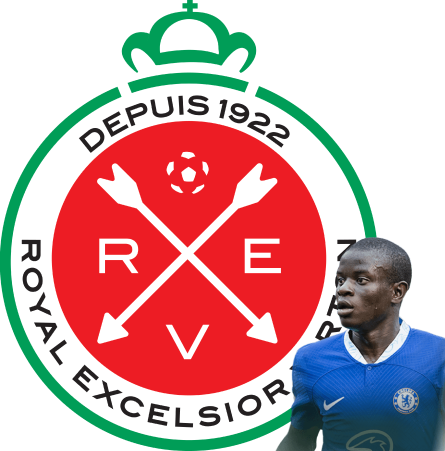
N’golo Kanté – Royal Excelsior Virton
Former Chelsea player, N’Golo Kanté has completed the purchase of Royal Excelsior Virton football club in Belgium. The Belgian club confirmed the news on its official website on Thursday, June 29, 2023. According to the statement released on the club’s website, the club will transfer the ownership into the hands of N’Golo Kanté.
Kanté has taken his game higher from footballer to club owner. The French man will be bringing not just his wealth but also his experience as a footballer most especially in the Premier League where he played for Leicester City and Chelsea.
Benefits and Challenges
Football players becoming club owners provides both benefits and problems to the game. On the plus side, these players may offer invaluable insight into player development, coaching ideas, and general club administration. Their direct experience as professional sportsmen contributes to the creation of an environment that supports skill and progress. Furthermore, their influence may attract high-profile signings and improve the club’s commercial worth.
However, there are some difficulties. Owning a football team needs far more than on-field expertise. It necessitates commercial acumen, financial stability, and the ability to manage the football industry’s complexity. While players must have a thorough grasp of the game, they must also surround themselves with a competent staff in order to achieve success both on and off the pitch.
